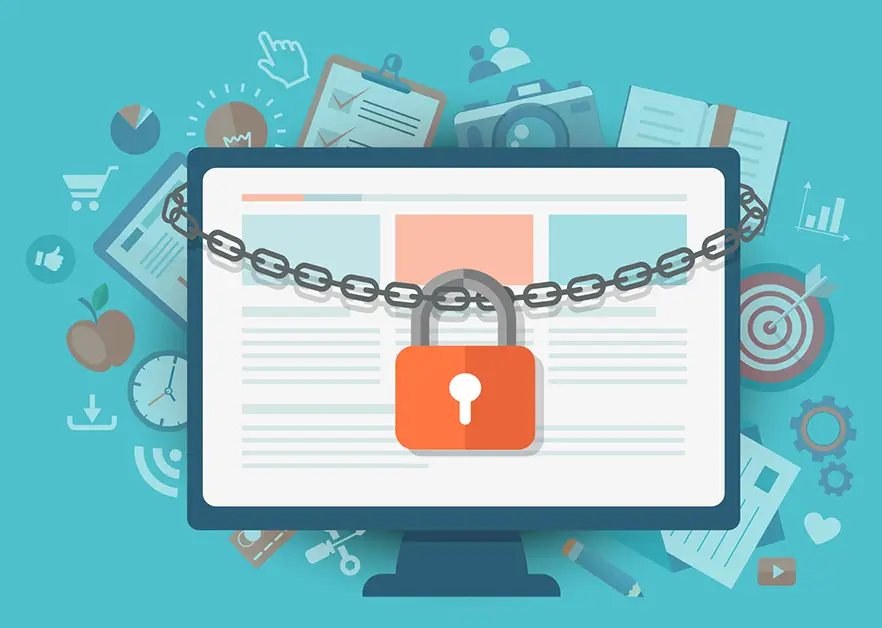Why Strong Usernames and Passwords Matter (And How 2FA Can Save the Day)

Let’s be real—none of us want to wake up one morning to find out someone hacked into our accounts.
In today’s digital world, where so much of our personal and professional lives are online, security is more critical than ever. A strong username and password are your first line of defense against cyber threats.
But why does it matter so much, and how can two-factor authentication (2FA) enhance your security? Let’s break it down.
The Basics: Strong Usernames and Passwords
Think of your username and password as the front door to your online world. A weak password is like leaving that door unlocked in a not-so-great neighborhood. Sure, you might get away with it for a while, but do you really want to take that risk?
A strong password is like a high-security lock—something that’s tough to crack. It should be a mix of letters (both upper and lower case), numbers, and special characters. And here’s a pro tip: don’t use anything obvious, like your name, birthdate, or the classic “password123.” Even though they’re easy to remember, they’re also easy to guess.
Meet Your New Best Friend: Two-Factor Authentication (2FA)
Now, even the best passwords can be vulnerable, especially with all the sophisticated hacking methods out there. That’s where two-factor authentication comes in. If your password is the lock, 2FA is the alarm system.
With 2FA, after you enter your password, you’ll be asked for a second piece of information—usually a code sent to your phone or generated by an app. This means that even if someone manages to guess your password, they’d still need that second factor to get in. It’s like having an extra layer of security that makes it way harder for anyone to break into your accounts.
Simple Steps for Better Security
- Get a Password Manager: Let’s be honest—remembering a bunch of complex passwords is a pain. A password manager can do the heavy lifting for you, storing all your strong, unique passwords in one safe place.
- Turn on 2FA Everywhere: If a service offers two-factor authentication, don’t think twice—just turn it on. It’s an easy way to add extra protection.
- Change Your Passwords Regularly: It’s a good habit to update your passwords from time to time. This makes it less likely that an old, compromised password will come back to haunt you.
- Watch Out for Phishing: Be wary of emails or messages asking for your login details. Real companies won’t ask for your password or 2FA code in an email, so don’t fall for it.
In the end, taking a few extra steps to secure your online life is totally worth it. Strong usernames and passwords are a great start, but adding two-factor authentication gives you that added peace of mind.
It’s like locking the door and setting the alarm—just to be safe.

